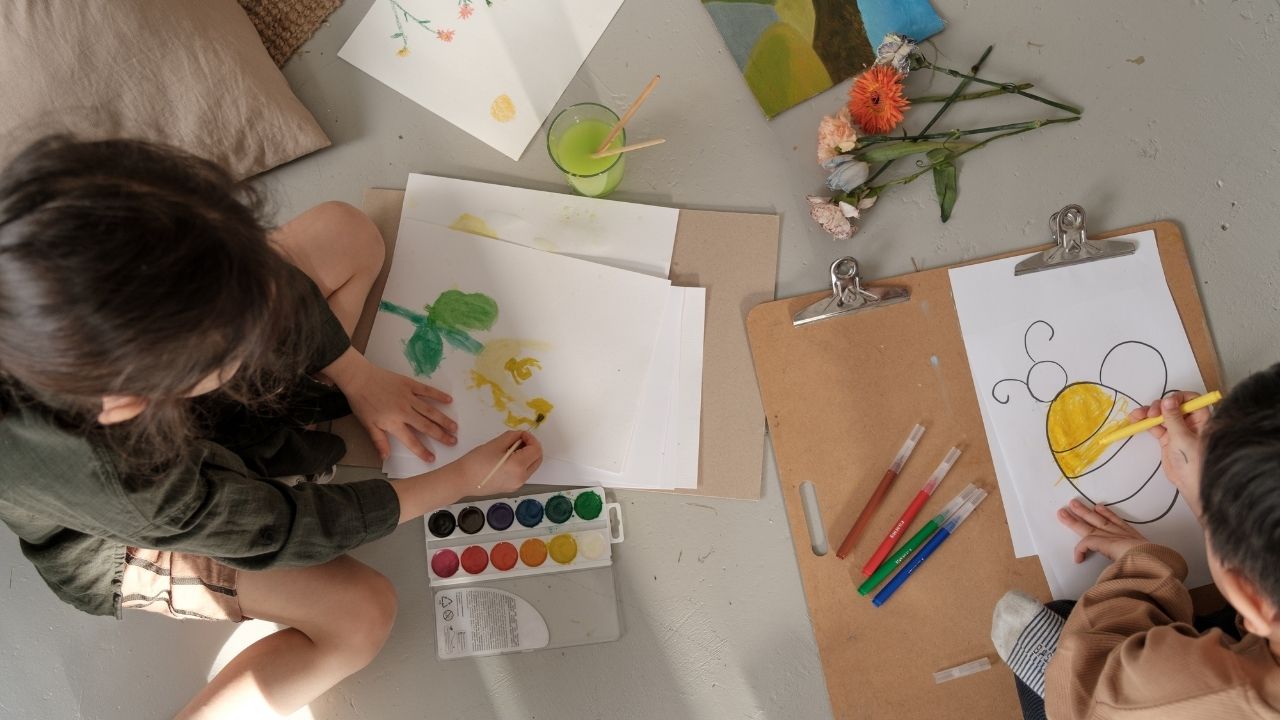
Understanding Your Child's Special Education Rights
As a parent, it is essential to understand your child's rights when it comes to special education. The Individuals with Disabilities Education Act (IDEA) is a federal law that ensures children with disabilities have access to a free and appropriate public education (FAPE). This law mandates that schools provide special education services and accommodations to eligible students with disabilities. It is crucial to familiarize yourself with the key components of IDEA, such as the right to an Individualized Education Program (IEP), the right to be educated in the least restrictive environment, and the right to parent involvement in the decision-making process.
Advocating for Your Child's Educational Needs
Advocating for your child's rights in special education is a critical role for parents. It involves actively participating in the development and implementation of your child's IEP, monitoring their progress, and ensuring that the school is providing the necessary supports and services. To be an effective advocate, it is essential to maintain open communication with your child's teachers, special education team, and school administrators. Regularly attend IEP meetings, ask questions, and express any concerns you may have about your child's education. Keep detailed records of all communications, assessments, and progress reports related to your child's special education services.
Collaborating with the Special Education Team
Building a positive and collaborative relationship with your child's special education team is crucial for successful advocacy. This team typically includes teachers, special education professionals, therapists, and school administrators. Work together with the team to identify your child's strengths, challenges, and educational goals. Share your insights and observations about your child's learning needs and preferences. Collaboratively develop an IEP that outlines specific, measurable goals and the accommodations and modifications necessary to support your child's progress. Regular communication and teamwork can help ensure that your child receives the appropriate educational support and services.
Staying Informed and Resourceful
To effectively advocate for your child's rights in special education, it is important to stay informed about the latest laws, regulations, and best practices in the field. Attend workshops, seminars, and conferences related to special education and child advocacy. Connect with other parents of children with disabilities through support groups or online forums to share experiences, resources, and strategies. Utilize the expertise of disability rights organizations, parent training and information centers, and special education attorneys when needed. Staying informed and resourceful can help you navigate the complex world of special education and ensure that your child's rights are protected.
Empowering Your Child to Self-Advocate
As your child grows older, it is important to empower them to become their own advocates. Teach your child about their rights, strengths, and challenges related to their disability. Encourage them to participate in their IEP meetings and express their thoughts, preferences, and goals. Help them develop self-advocacy skills, such as effective communication, problem-solving, and decision-making. Empowering your child to self-advocate can help them take ownership of their education and build the skills necessary for success in school and beyond.
Addressing Disputes and Resolving Conflicts
Despite best efforts, there may be times when disagreements arise between parents and the school regarding a child's special education services. If you believe that your child's rights are not being met or that the school is not providing appropriate services, it is important to address these concerns promptly and professionally. Start by discussing the issue with your child's teacher or the special education team. If the problem persists, consider filing a formal complaint with the school district or requesting mediation or a due process hearing. It is essential to document all communications and maintain a respectful and solution-focused approach throughout the dispute resolution process.
Advocating for your child's rights in special education is an ongoing process that requires dedication, knowledge, and collaboration. By understanding your child's rights, actively participating in the IEP process, collaborating with the special education team, staying informed, empowering your child to self-advocate, and addressing disputes professionally, you can help ensure that your child receives the appropriate educational support and services they need to thrive in school and beyond. Remember, you are your child's most important advocate, and your involvement and advocacy can make a significant difference in their educational journey.
 Careers in EducationElementary EducationHigh School EducationEducational TechnologyTeaching StrategiesSpecial EducationPrivacy PolicyTerms And Conditions
Careers in EducationElementary EducationHigh School EducationEducational TechnologyTeaching StrategiesSpecial EducationPrivacy PolicyTerms And Conditions
